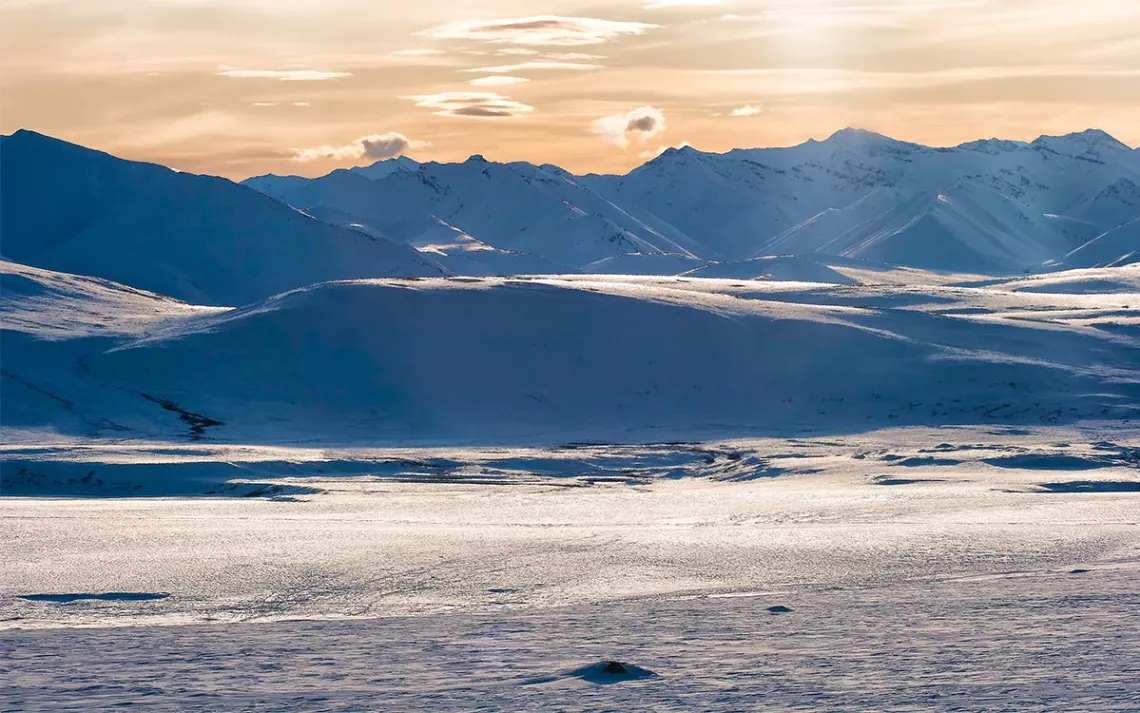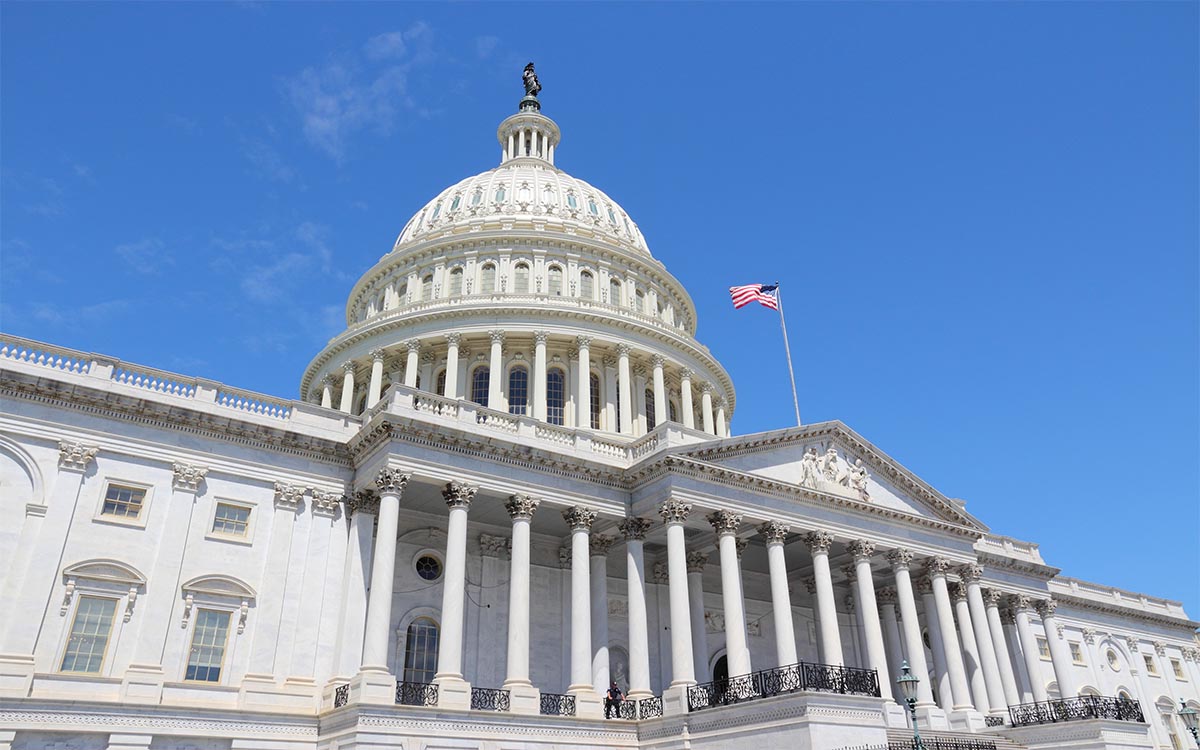Follow the Money: Congress Can Wreak Environmental Havoc Via Appropriations
Drilling in the Arctic National Wildlife Refuge, destructive border wall moving ahead

Photo by troutnut/iStock
The Republican party is learning that there’s a huge difference between winning elections and actually, you know, governing. The party controls all three branches of the federal government, yet party leaders are finding it difficult to fulfill their aspirations. Senate Republicans have failed to deliver on the party’s flagship priority of repealing the Affordable Care Act and are deeply divided on what, if anything, should replace ObamaCare. Other signature GOP priorities—a “reform” of the tax code and a sweeping infrastructure bill—are also in limbo. The Trump family’s knack for self-sabotage is throwing a huge amount of shade across the capital.
Yet even as the political class is preoccupied by the ever-evolving Russia scandal and the GOP’s internecine battle over health care, the Republican-controlled Congress is quietly moving ahead with several measures that, if passed, would do significant environmental harm. Congress’s core responsibility, remember, is to decide how the government spends its money. Beyond the media spotlight, the House is steadily moving ahead with appropriations for the 2018 fiscal year budget—and some of those appropriations spell trouble for the environment.
On July 18, the House released its 2018 budget resolution that, among other things, calls for the Natural Resources Committee to come up with $5 billion in savings. Some of those savings (or, if you prefer, austerity measures) would likely come in the form of cuts to the Interior Department. Some of the money might also come in the form of additional revenues, and the House budget directive was widely interpreted as an echo of the White House budget proposal, which assumes $1.8 billion in revenue over the next decade by allowing oil and gas drilling in the Arctic National Wildlife Refuge.
Naturally, environmental groups are outraged at the prospect of using a budget gimmick to green-light oil drilling in one of the last intact ecosystems on the planet. Here’s Sierra Club executive director Michael Brune’s reaction: “House Republicans are using the budget process to try and sneak a massive giveaway to the oil industry past the public by proposing to throw the pristine Arctic refuge open to destructive drilling. That’s on top of ruthless cuts to the programs that protect our health from deadly pollution so that money can be dumped into tax cuts for billionaires.”
Last week the House Appropriations Committee also approved the Trump administration’s request for $1.6 billion to expand the U.S.-Mexico border wall. The money is supposed to go toward hardening the existing border infrastructure in and around San Diego and building new border wall segments in Texas’s Rio Grande Valley. While environmental advocates warned about the political perils of the wall—“Republicans are making a grave mistake supporting Trump’s bizarre fantasy of a border wall,” Brian Segee, an attorney with the Center for Biological Diversity, said in a statement—the Border Patrol appears to be working under the assumption that it will get the money for border wall construction.
The Texas Observer has reported that contractors working with the Border Patrol are already laying the groundwork for a three-mile-long concrete levee and wall through the Santa Ana Wildlife Refuge, a 2,000-acre preserve along the Rio Grande River that is home to some 400 bird species. If built, the wall would likely do significant damage to the ecosystem there, as Scott Nichol, co-chair of the Sierra Club’s Borderlands Team, told the Los Angeles Times: “This is insane,” Nichol said. “This is the crown jewel of the Rio Grande Valley wildlife refuge system, with one of the highest rates of biodiversity in the U.S. If it’s walled off, with no public access, it will be left to rot.”
To be clear, neither drilling in the Arctic refuge nor a concrete barrier through the Rio Grande refuge are done deals. Both measures will have to pass the Senate to become reality, and there are a number of Senate Republicans who are skeptical of the border wall and opposed to oil extraction in the Arctic. But stopping these spending measures will require that citizens who care about the environment put strong pressure on their senators this summer and fall.
Appropriations and budgeting don’t have the sizzle of the scandalous news pouring out of the White House—but they’re just as important. So remember, watch this space:

Photo by tupungato/iStock
 The Magazine of The Sierra Club
The Magazine of The Sierra Club







